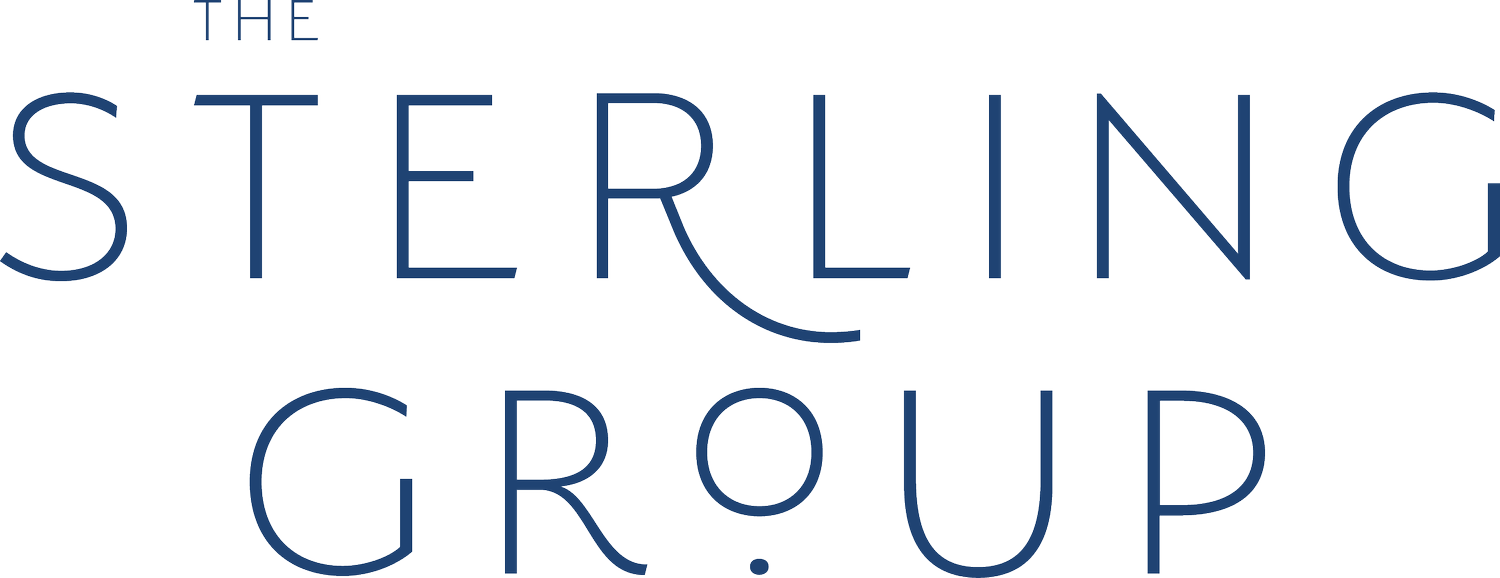Stuck in Your Career? A DC Therapist’s Top Tips to Excel in Your Career
How to Create a Career Development Plan to Follow Your True Path
We’re often taught that success works something like this: pick a practical career that pays your bills, work hard, and climb the ladder. But what if that ladder isn’t grounded on steady soil? What if the path you’re on was never really yours to begin with?
Career development isn’t just about managerial promotions or learning new skills—it’s about discovering your real natural abilities and using them to benefit others (and hopefully yourself). It’s about checking in with your values and that shy inner voice that asks, “Is this really what I want?”
Career Mistake #1: The Pressure to Please
From a young age, many of us are shaped by the expectations of those around us. Maybe your family pushed for a high-status profession, or perhaps your community only celebrated certain types of work. Psychology shows that the things we’re most exposed to become the most familiar—like how voting patterns often mirror those of our parents. These messages, though often well-meaning, can create invisible pressure that pulls you away from your true interests.
Ask yourself- what career expectations were placed on me growing up?
Even as adults, we may continue chasing validation: trying to make our parents proud, trying to prove our worth through job titles, or playing it safe to avoid judgment. And in doing so, we may silence our own voice.
The issue with that? You’re making everyone happy…but yourself.
Career Mistake #2: The Risk of Misalignment
Am I trying to make someone else proud, or live someone else’s dream?
Living out someone else’s version of success can feel like wearing clothes that don’t fit. You might be able to pull it off, but you’ll never feel fully comfortable.
Misalignment can show up in subtle ways: that painful Sunday dread, constant need for external motivation, burnout, or that lingering sense that you’re just meant for something more.
But hold your horses! Don’t quit your job tomorrow citing that a counselor told you to. Instead, get curious about what’s not working. Licensed therapists at The Sterling Group can help you navigate career changes, gain clarity, and move forward through personalized career counseling and executive function coaching. Emilio Duró, a business speaker and self-proclaimed expert on happiness, once said: “If you look in the mirror for two months and hate what you see, you’ve got some work to do.”
Career Repair Path #1: Returning to Yourself
If no one knew what I did for a living, would I still choose this path?
Figuring out whether you’re on the right path can start by connecting with your younger self. Talk to that little one inside who did not yet understand the pressures of what’s on your LinkedIn page, or being in a certain income bracket, and ask yourself: Is this what that younger version of you would’ve wanted for an adult you?
Turn into your values (I said yours, not your family’s, not society’s). What gives your work meaning? What are you still craving? Do your personality and values show up at work the same way they do outside of work?
If you felt hesitation answering any of those questions, it might be time to build a career that aligns more with your true self. For some, that could mean pitching a new idea at work where you can shine through your creativity and innovation. For others, it might mean taking a few steps back. You don’t need a full plan today—but you do need permission to question, to think differently, to prioritize differently.
Career Repair Path #2: Give Yourself Permission to Redefine Success
Sometimes what’s blocking you from a meaningful career isn’t a lack of skill or opportunity—it’s the belief that your success must look a certain way. But guess what? Success doesn’t have to be a six-figure salary, a title, or recognition from others. Success might mean flexibility, living wherever you desire, time with family, or the ability to show up as your full self every day. Your version of success is only defined by your preferences—and should only be defined by you.
Career development isn’t a race or a straight line. It’s a continuous process of coming back to who you are. With support from therapists in DC, you can explore how your identity and values align with your career.
Career Repair Path #3: The Courage to Pivot with Support from Career Counseling
Changing career paths doesn’t always mean starting over. Sometimes it means adjusting your role, setting new boundaries, or finally giving voice to the parts of yourself you’ve buried under responsibility or obligation.
It’s not always easy, but it feels so great once you start.
The journey may spark fear, self-judgment, or that old familiar pressure to stay on the path that feels most stable. But you know now that stability and fulfillment are not always aligned.
Don’t fear the process—it is worth it. And if you need someone by your side as you navigate this transition (and those difficult family conversations), DC therapists and multicultural counseling centers like The Sterling Group are here to help.
Ready to Explore What’s Next? Therapy in DC, Executive Function and ADHD Support Options
If this blog post sparked something in you (an old dream, a quiet frustration, or a desire for more alignment), you’re not alone. Career transitions don’t have to happen overnight, and you don’t have to figure it out all on your own. Whether you’re looking for clarity, confidence, or someone to help you ask the right questions, career counseling for young adults or online career counseling programs can provide tailored support.
For those juggling ADHD symptoms or executive functioning challenges, pairing career counseling with an executive function coach can help you build skills like time management and emotional regulation. Meanwhile, therapy for young adults or teletherapy offers flexible ways to address burnout and self-doubt.
Meet our team to learn how our multicultural therapists and career experts help professionals navigate shifts with purpose.
About the Author
Andrea Bernad-Barnola is the Clinical Director and a therapist at The Sterling Group, where she supports individuals and couples navigating life transitions, career shifts, and identity exploration. With extensive experience in the mental health field and a passion for living authentically, Andrea helps clients reconnect with their values, process emotional trauma, and build lives that feel aligned and meaningful. She is trained in trauma-informed modalities including TF-CBT, EMDR, and DBT, which she integrates to help clients not just heal, but thrive.
When she’s not leading her team or meeting with clients, you’ll find her dreaming up new ways to make mental health care more accessible, spending time with her husband and their rotating crew of dog-sitting companions, or planning her next adventure.
Interested in working with Andrea? Reach out to The Sterling Group for a free consultation today.





